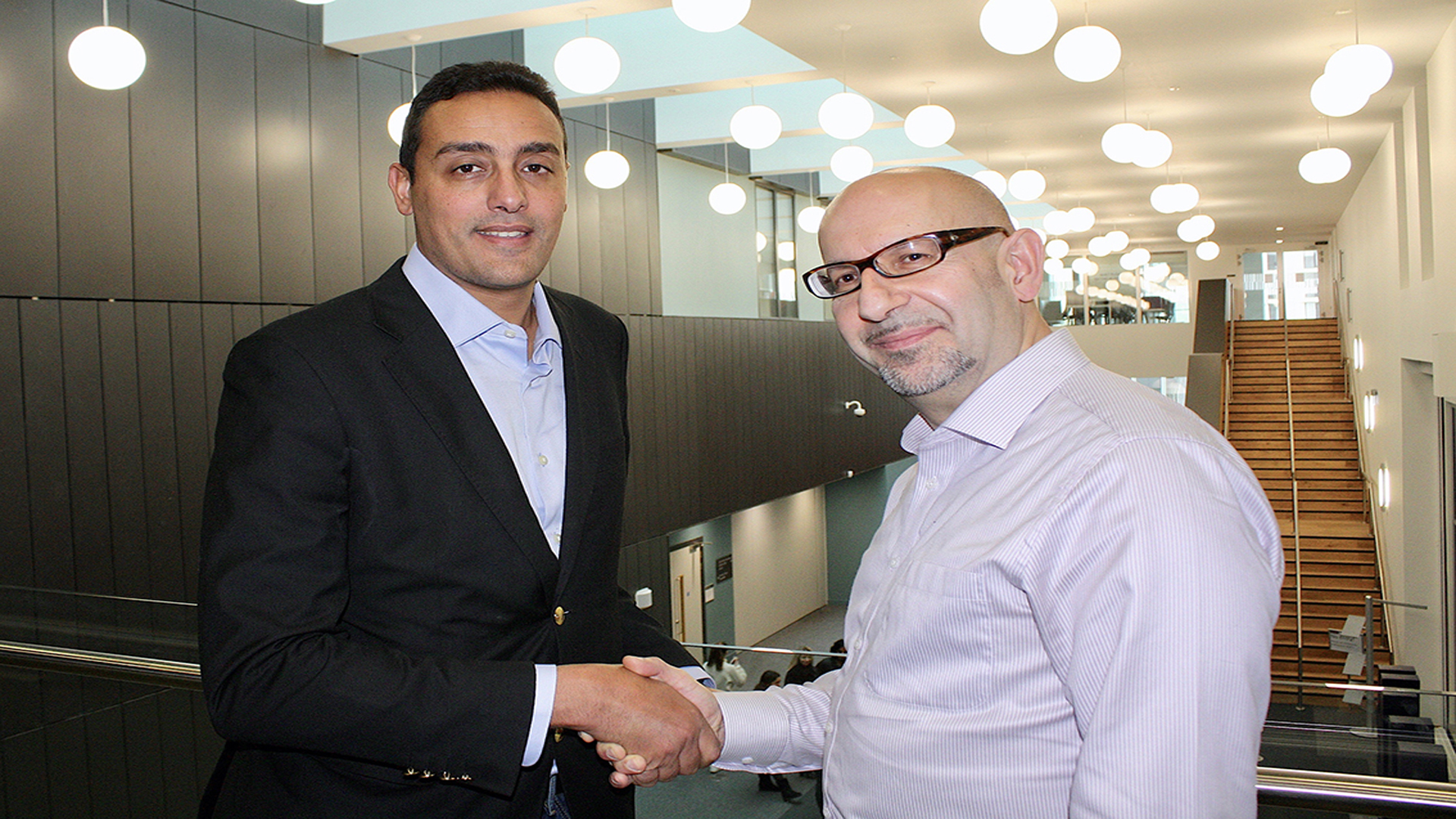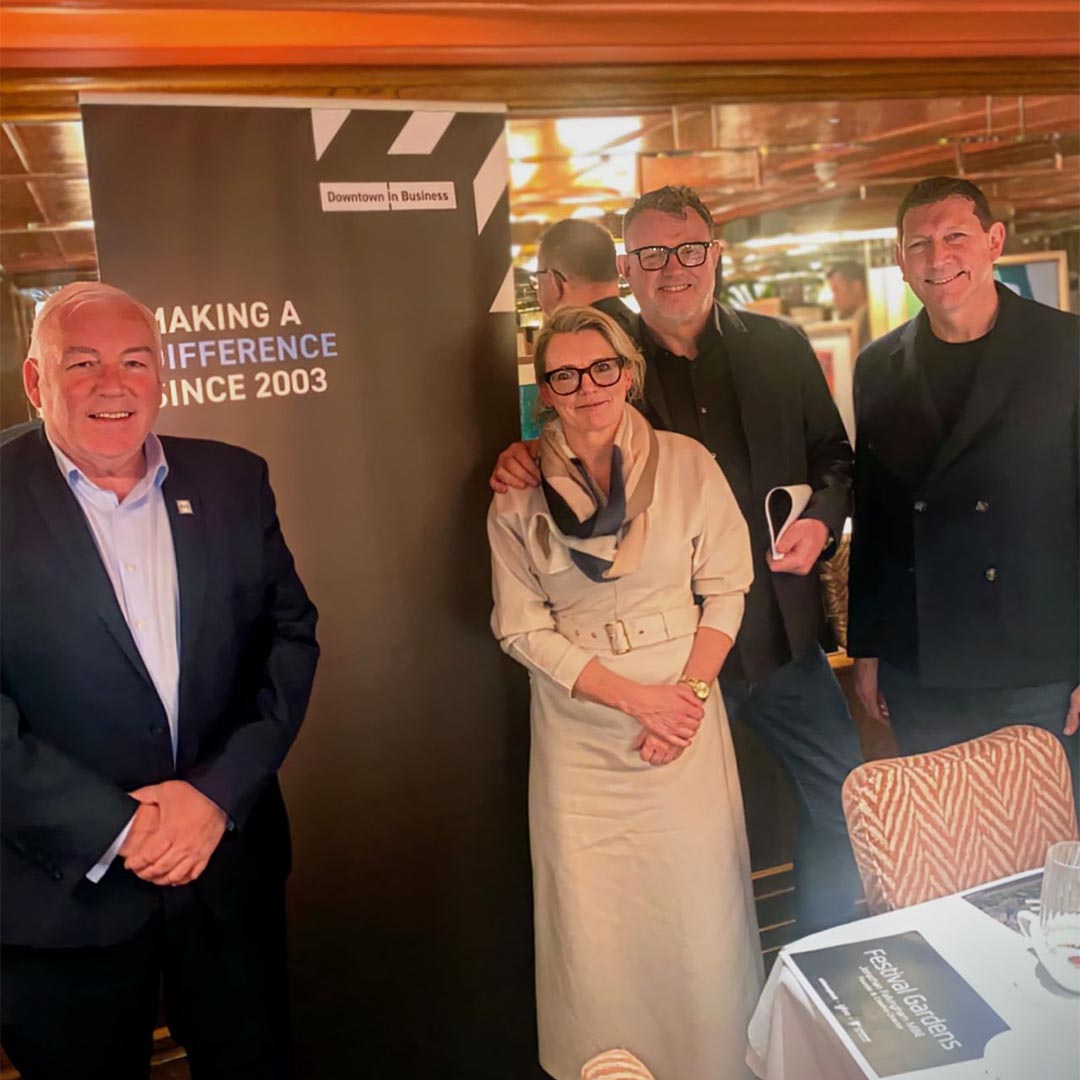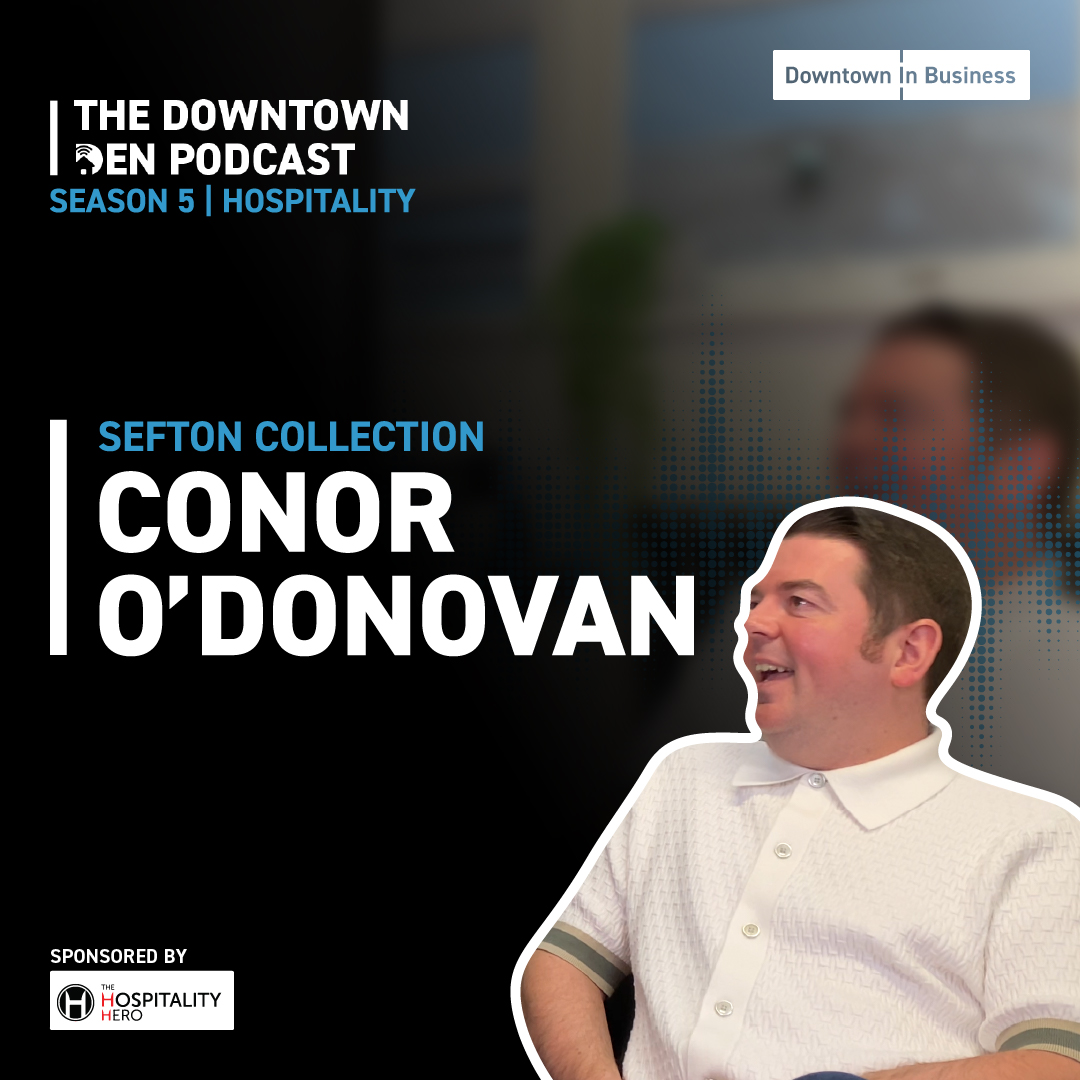Birmingham City University is developing the world’s first digital safety certificate to protect suppliers and consumers from risks associated with COVID-19.
The Coronavirus Clearance Certificate (CCC), based on blockchain technology, has been developed by the University’s Birmingham City Business School.
CCC will enable companies to ensure risk related to the virus is managed within their supply chain. It will be initially trialed in the UK Midlands, a region which has been heavily affected by COVID-19. The certificates will be issued by The Transnational Transparent Procurement (TTP) Foundation.
A decentralized digital list of cryptocurrency transactions that ensures information can be recorded safely, securely and automatically, blockchain technology is already used by online retail giant Amazon, computer firm IBM, food manufacturer Nestle and others to track the movement of safe goods around the world.
Olinga Taeed, Visiting Professor of Blockchain at Birmingham City University, said: “Consumers will demand in future that suppliers do everything in their power to avoid risk from Covid-19. People want to use goods and services, safe in the knowledge that there is no risk to themselves or others. For example, if you buy a hand sanitiser you want to be sure it can do what it says on the label. The Coronavirus Clearance Certificate is a game-changer because it uses reliable blockchain technology to transparently track the life cycle of products, thereby building assurance.”
Professor Nassim Belbaly, director of Birmingham City University’s Business School said: “For supply chains, coronavirus represents a crisis of trust because we cannot any longer automatically trust our goods or suppliers. However, as CCC is independently verified it can be issued to organisations, products, and even people that take appropriate steps to manage the risk from coronavirus. I am proud that Birmingham City University is able to contribute in this way at this time.”
The initiative is the first to emanate from the newly launched CCEG-BCU 4IR Centre, which is joint initiative between Birmingham City University (BCU) and the non-profit Centre for Citizenship, Enterprise and Governance (CCEG). The certificates will be issued by The Transnational Transparent Procurement (TTP) Foundation, a partner-organisation of CCEG.
Professor Taeed says blockchain is an effective compliance tool for the future of logistics, procurement and purchasing because: “It confirms that a supplier adheres to highest standards of public health, sustainability, anti-bribery and even modern slavery. And in this case we can verify the level of supply risk due to the coronavirus. It represents the future of supply chain management.”
The CCEG was formed in 2013 to act as a standards body to curate the Social Earnings Ratio, a globally recognised metric used by governments and other organisations to measure the social value of an economic activity.
The CCEG is an international think tank with 165,000 members that develops impact based social instruments combining Blockchain, Artificial Intelligence, Internet of Things and 5G.









